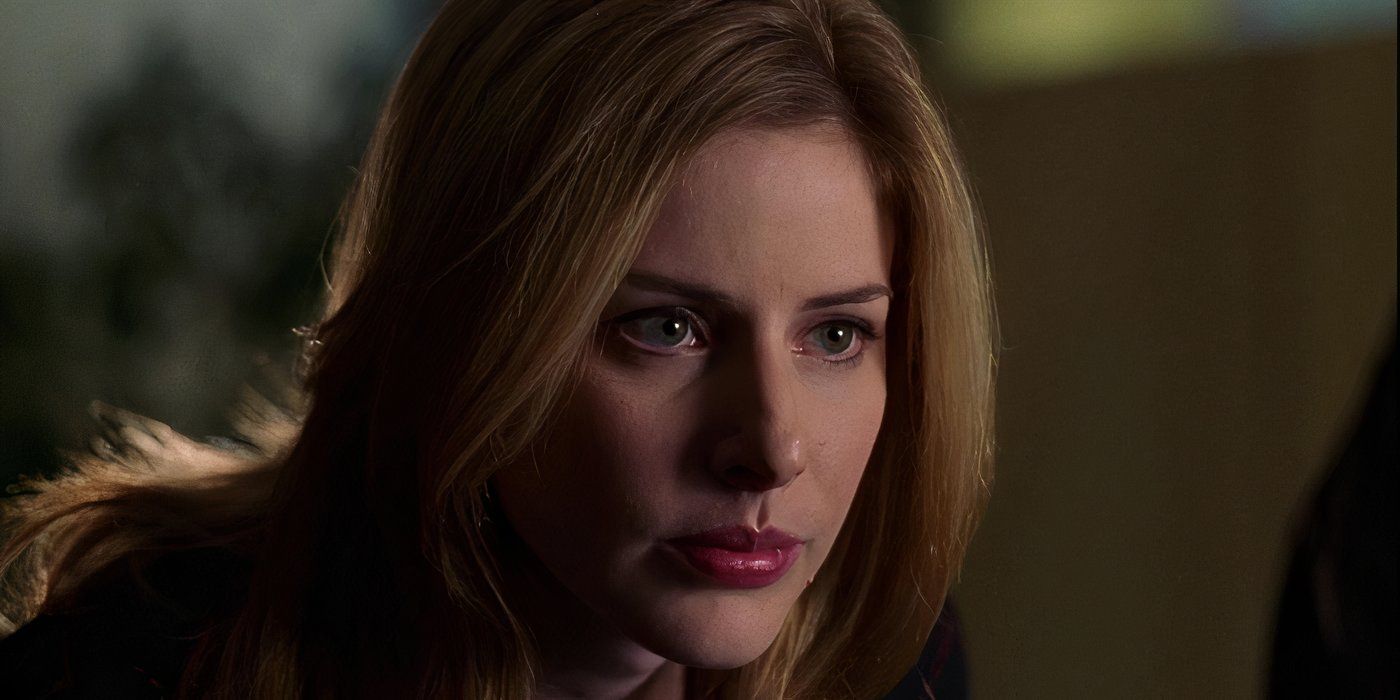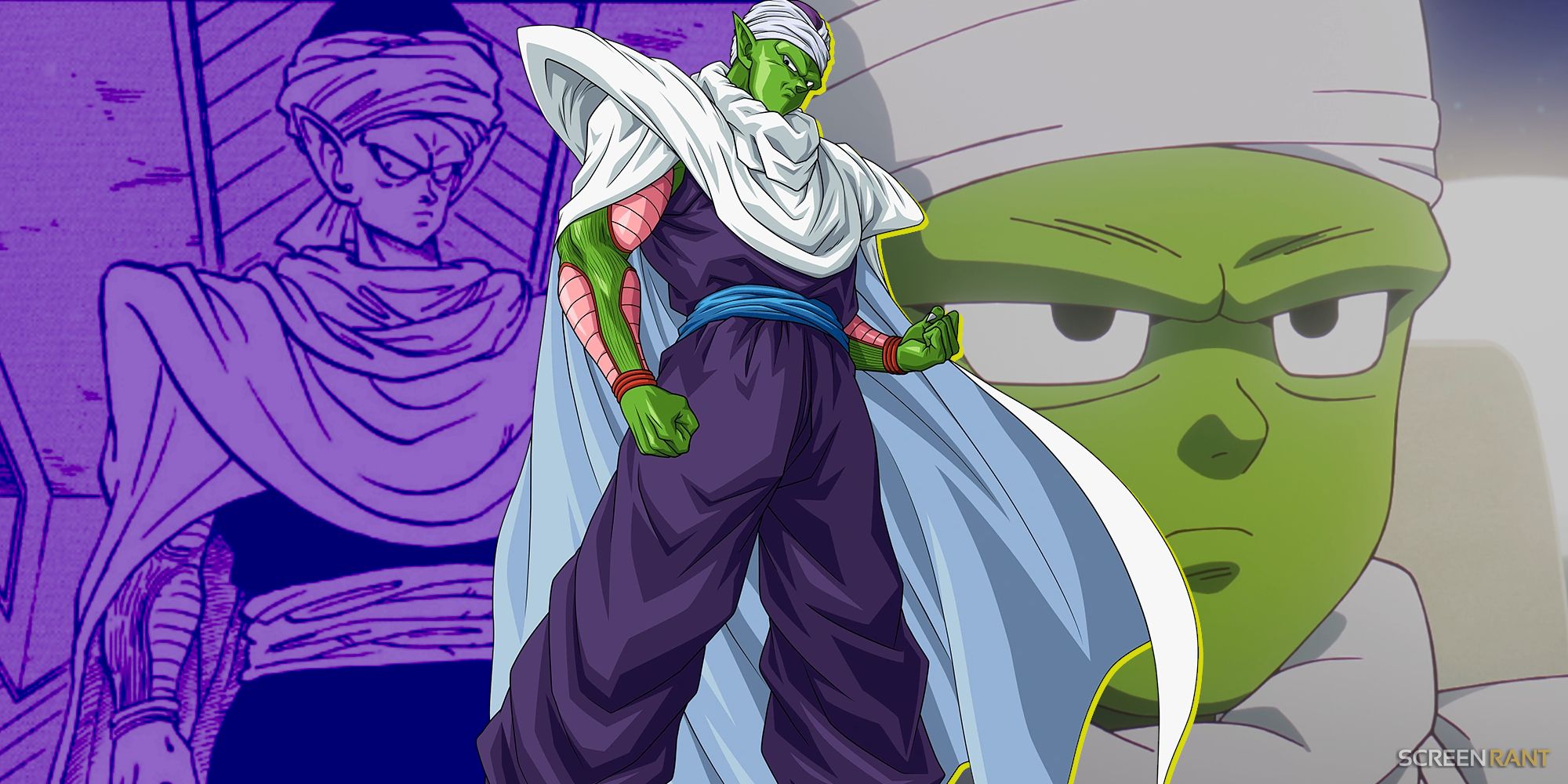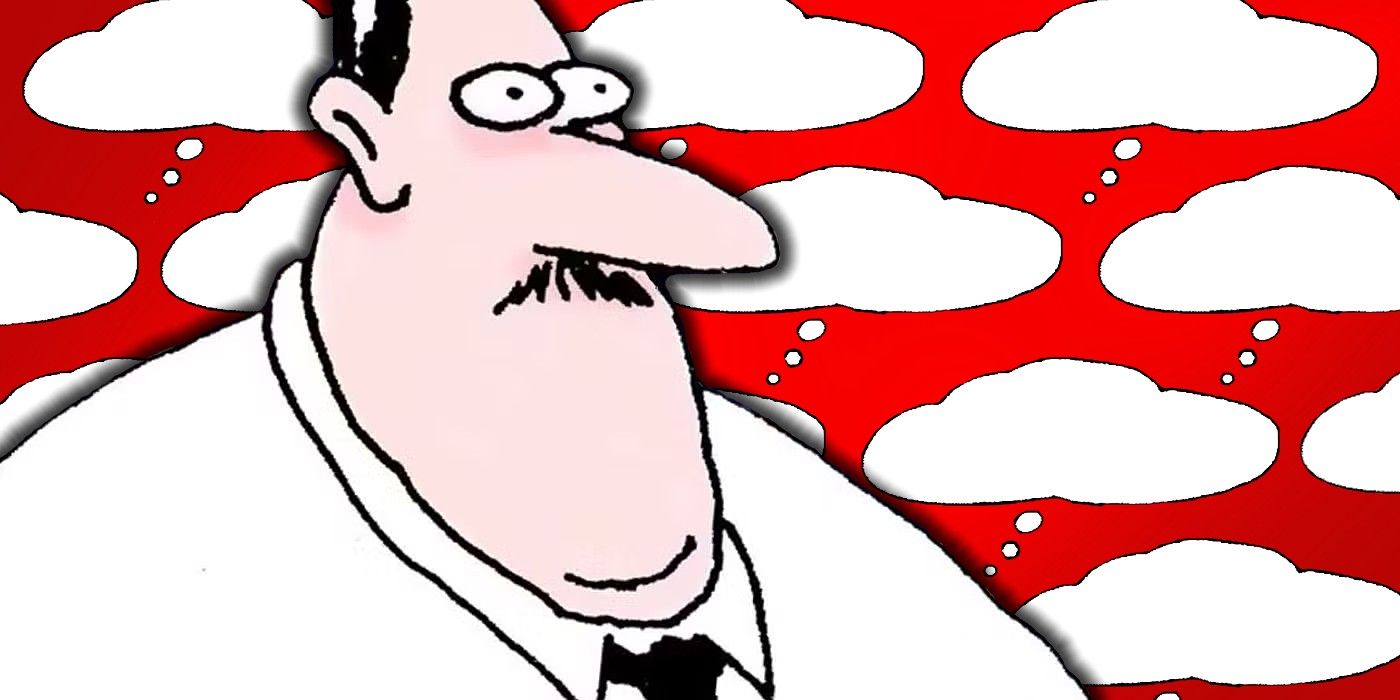SPOILER ALERT: This interview contains plot details for the film A Real Pain
If you can believe it, writer-director and star Jesse Eisenberg never meant to hurt you with his latest dark comedy, A Real Pain. Centered around two cousins, David (Eisenberg), a buttoned-up online ads salesman, and Benji (Kieran Culkin), a drifter who suffers from great passion and listlessness, as they travel to Poland to join a Holocaust tour after the death of their beloved grandmother, with her childhood home as their final stop. “It’s funny because people tell me they cry during the movie, and my question always to them is when? Because I didn’t direct any of the scenes to be crying scenes. I get different answers…[but] I’m always surprised by that,” Eisenberg said. While there is a lot of levity spliced between the movie’s more reflective moments, the film has a lot to say about dealing with repressed grief and unresolved pain.
The film has most recently garnered Best Performance, Best Supporting Performance and Best Screenplay nominations at the Film Independent Spirit Awards and the Golden Globes. “With this movie, I felt like there was enough there that can not only speak to my very specific personal life but could also be entertaining, funny, interesting, provocative and also cinematic …” Eisenberg said. “I thought this could be a good movie, but I’m always writing from a place of private thoughts.”
Here, the actor unpacks the ending, working through grief and arbitrarily annoying his co-star.
DEADLINE: We must talk about the dinner scene. Not that the movie couldn’t exist without it, but it feels extremely pivotal to the story structure. David confesses how he feels about loving this mentally ill person while Benji is just out of earshot. Talk more about the construction of this film.
EISENBERG: It’s basically just like David, who’s been living in the shadow of this guy for so many years, living in the shadow of his cousin, Benji. And then, on this trip in the last several days, living in the shadow of this larger-than-life character and feeling constantly put upon and shamed by him and embarrassed by him. And finally, David has the group to himself, and he just unloads this thing of, “I love him, and I hate him, and I want to kill him, and I want to be him. And you guys are all going to walk away thinking you met this amazing person, but I know this other thing about him, and it absolutely is killing me because I know what the last six months of his life has been.” No, I don’t think the movie could exist without the scene because the theme of the movie is all encapsulated in this confession. You have a new understanding of what Benji’s been through, and you have an understanding of what it’s like for David, for the person who has lived in the shadow of somebody who’s really difficult and really struggling, and to envy that person. And how can you envy this person who, in so many ways, is broken? And that’s, in some ways, the theme of the movie is.
My character lives in awe of this person who’s struggling. And by the end of the movie, the idea is that my character, in some ways, comes to terms with his self-actualization. My character goes home, has a wife and a kid, and has some stability. And yes, he’s constantly going to be anxious and miserable as a person, but he’s going to move forward.
DEADLINE: Was there a version of this film that went further than where the film ended? What helped you justify this ending for you?
EISENBERG: It always ended there. I wrote the last 10 pages of the movie in probably five minutes, which sometimes happens when you know the thing so well and have to just get it out in a stream of consciousness. It takes years to do the first 90 pages and then seven minutes to do the last because it becomes an almost exorcism of just getting the thing out of you. But that was telling me that the ending was right because it flowed out so perfectly, which is to say that these characters are left with a bittersweet understanding of what role they’ll serve in each other’s lives. And so, the ending scene at the airport, there’s something sweet about it, but Benji still will not go to David’s house. Benji will still not basically be the person that David wants him to be. And then, the movie’s real ending is this montage where you see David going home to his stable life, and it intercuts with Benji in a purgatory.
He’s in an airport. He’s in a place where he can really thrive because he’s great one-on-one in brief situations, but he’s not great in big, sustainable relationships, which is why David and Benji have grown apart and why he loves being in airports so much. He loves being in public settings where he can be charming and funny, meet new people, and never feel really alone, but also never actually feel stable.

DEADLINE: Was there any scene that resonated with you after seeing the completed film that, perhaps while making it, you didn’t think would translate well onscreen?
EISENBERG: Only one thing. I haven’t thought about this in a year, but there’s a scene where David and Benji are at the oldest cemetery in Poland, looking at these gravestones. And Benji starts yelling at James, the tour guide, for being too academic when he should be talking about the people underground, not just the history and not just the dates and the years. And I didn’t realize, while I was writing, what I was writing about. But my mother watched the early cut, and she said she was crying during the scene because it was about Benji in this moment, who actually kind of wanted to die. And he’s standing looking at these gravestones and hearing this academic tour guide talk about them like they’re just fun historical markers.
And my mom was the only person to pick up on this thing. I viewed the scene as this funny set piece where this guy is berating this fairly well-meaning tour guide. But I think what happened unconsciously was that I was writing the scene knowing these characters, Benji and David, so well that, for some reason, it felt instinctively correct that Benji should yell at this tour guide. But it hadn’t occurred to me consciously that it’s because Benji’s dealing with his own ideas about living. And so, that played differently than I expected. I don’t know for a lot of audiences if they pick up on that the way my mother did because, for the most part, it plays like a funny and shocking scene.
DEADLINE: For me, it leaned mostly towards shocking because despite Benji being overly emotional and having misplaced anger, he’s never wrong in his intentions.
EISENBERG: That’s exactly it. He’s inappropriate with the way he’s behaving. However, he’s kind of always right. Just the way he expresses himself is so wildly inappropriate and kind of rude, but he’s always correct. I think that’s why he’s a good character, because it’s a person who you don’t disagree with, you just disagree with the way they’re handling themselves.
DEADLINE: Was there ever a feeling where you thought this story wouldn’t be so relatable or too personal? How did you work through that self-doubt, if any, in the writing process?
EISENBERG: Everything I write is in emails. I don’t write in Final Draft until I’m finished with the script. So, I always write in emails so that nothing ever feels official, so I don’t censor myself. I just write what is almost like diary entries, writing things I feel about other people, and I set it to dialogue. I write from the assumption that no one’s going to read my writing or certainly no one’s going to produce my writing. And more often than not, I’m right; no one produces it or reads it. And so, with this movie, once I felt like there was enough there that can not only speak to my very specific personal life but could also be entertaining, funny, interesting, provocative, and also cinematic in the sense that it’s on this tour of Poland, I thought this could be a good movie, but I’m always writing from a place of private thoughts.
And I’m lucky that the movies I make are small. This was a $3 million budget. A movie like this didn’t require me to make it more popular or accessible because the budget was small. I don’t have a movie studio telling me, “Hey, it has to be funnier.” Or, “You can’t have this character of Benji be so shocking.” Because there wasn’t enough money to justify those changes being made, and I could end it the way I want to end it, which is, in my opinion, really emotionally jarring. But I understand some audiences want to understand exactly what happens and have some more Hollywood sense of closure. But again, because the movie is small, I don’t have to do all that stuff.

DEADLINE: That’s a great point. And also with pain, sometimes you don’t get a solution to that. You just have to live with it.
EISENBERG: Yeah, that’s exactly it. It’s funny because people tell me they cry during the movie, and my question always to them is, when? Because I didn’t direct any of the scenes to be crying scenes, meaning scenes that an audience cries in.
DEADLINE: Really?
EISENBERG: Yeah. I always just ask them, when did they cry? And I get different answers. And it’s strange to me because there’s no scene in the movie that I thought, “People are going to cry during this scene.” There are scenes where the characters are crying, but they’re upended by other things. And so, I’m surprised by that. It’s not like there’s one scene that’s emotionally wrenching all the way through. There are scenes where the characters are experiencing something, but it’s always undercut with something else. That’s why I was kind of surprised by that. The movie is not, again, engineered to be a Hollywood kind of movie, so I didn’t have to account for maybe really specific beats like that and prove to a movie studio that I’m going to accomplish them on set. It really felt like personal feelings, but just in this kind of form.
DEADLINE: Is there anything you learned from your directorial debut, When You Finish Saving the World, that you brought with you to A Real Pain? You have to direct yourself while also starring in the film. Did it affect your collaboration at all with your scene partners?
EISENBERG: I constantly had to remind myself, this is a movie and I’m playing a leading role, and there has to be shots of me in the movie. Because my instinct would’ve been to turn the camera away from me just because of how awkward it is to frame a shot on your face. So, I constantly had to take this outsider’s perspective on the movie so I could film my character as though somebody else was playing it. And I worked with an amazing cinematographer, Michal Dymek, who is very different from me personally, but understands how to make movies really well and pushes me into doing the right shots. And then, I worked with amazing producers. Emma Stone, Ali Herting and Dave McCary— they’re wonderful producers. I had the world’s greatest actress, Emma Stone, behind the monitor for many of the scenes, telling me, “Hey, do this a little bit differently.” So, I surround myself with good people or got lucky to be surrounded by good people. And then, it’s about understanding which advice to take and also to remember that I’m a character in this movie. This is not a vanity project. I don’t have to worry about being indulgent, but I am a leading character in this movie. So, how would I film it if it was not me?
And then, in terms of my colleagues, Kieran just resented me entirely that I was directing him while also acting with him. He just resented that an actor was giving him notes and was annoyed by me. So, I tried to limit the amount of notes. We had this rule where I couldn’t give him a note after the first take. He had to do a second take before I could give him a note. It was just an arbitrary rule that he made up, but I think he was frustrated that I was acting with him but also kind of judging him. And he was so brilliant in the movie, I felt no need to really correct him. But I know he was, at the beginning of the process, very unnerved by the actor giving him directions.
[This interview has been edited for length and clarity]









 English (US) ·
English (US) ·